This page contains resources, announcements, guest blogs, essays, videos, and other stuff. Come back often!
WASHINGTON, D.C. – CommunicationFIRST, the Autistic Self Advocacy Network (ASAN), and the Alliance Against Seclusion and Restraint (AASR) today condemned the Golden Globe-nominated movie MUSIC, directed by singer-songwriter Sia Furler. The film, released widely via video on-demand services today, contains a number of deeply disturbing and potentially harmful scenes.
Read MoreI had to stop watching the movie because I found it too disturbing to continue to do so.
Read MoreWASHINGTON, D.C. – CommunicationFIRST, the Autistic Self Advocacy Network, and the Alliance Against Seclusion and Restraint today expressed grave concern about the soon-to-be-released, Golden Globe-nominated movie MUSIC, directed by singer-songwriter Sia.
Read MoreEvery day, your child is growing up, and there is a world out there for them. You want that for them – you want everything for them – and yet, the world can be a scary place.
Read MoreIn November and December 2020, CommunicationFIRST surveyed families of students with expressive communication disabilities and significant support needs about how well they are being supported to access their education during the pandemic. Families were invited to participate if the student had been enrolled in a public or private Pre-K to…
Read MoreThese nine studies, published between May and December 2020, tell us people with intellectual or developmental disabilities (including those who rely on AAC) are between 1.7 and 16 times more likely to die from COVID if they get it than those who do not have I/DD.
Read MoreThose are just three of the questions asked by people who rely on augmentative and alternative communication (AAC) at our first in a series of events with civil and disability rights leaders. The July 17 event, celebrating the 30th anniversary of the Americans with Disabilities Act (ADA), featured disability rights…
Read MoreIncluding, respecting, honoring, and listening to people who cannot rely on speech to be heard and understood can be hard if you’ve never done it before. It can be especially hard if you have never seen it done before. Genuine representation and inclusion is essential for our people to rise…
Read More
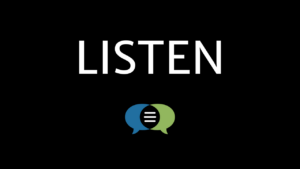


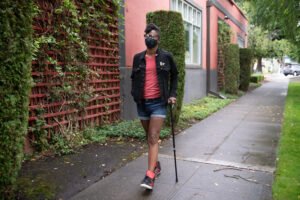
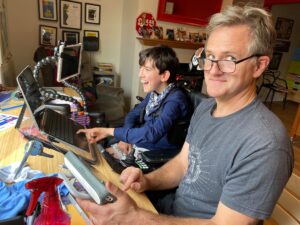

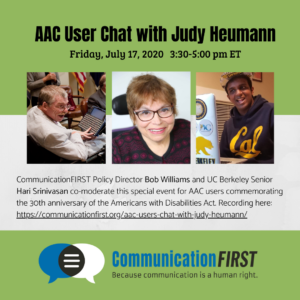
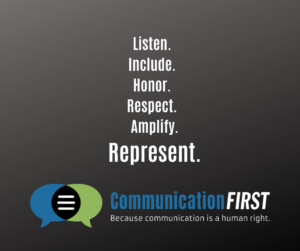
Communication Equity Call to Action
CommunicationFIRST and the 47 undersigned supporters of communication rights, access, and equity urge the incoming Biden-Harris Administration to take immediate and specific steps to safeguard and advance the human and civil rights of people with disabilities, especially individuals who have little to no understandable speech and rely on augmentative and alternative communication (AAC).
Read More